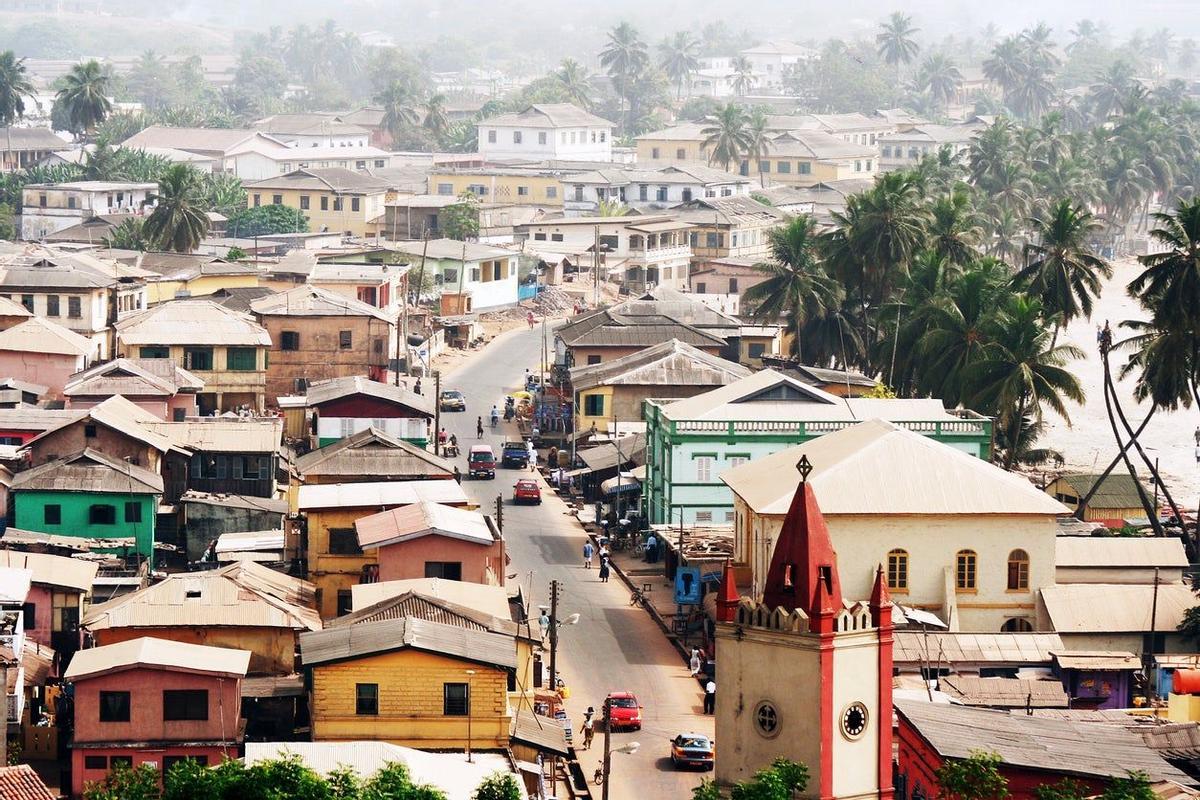Record-Breaking Growth in Ghana’s Tourism Sector
Ghana’s tourism sector experienced remarkable growth in 2024, setting new records in revenue, international arrivals, and domestic tourism. The Ghana Tourism Authority (GTA) released a comprehensive report detailing the progress of the industry, highlighting its significant contributions to the country’s economy.
The report revealed that the tourism sector generated $4.8 billion in revenue, marking the highest level ever recorded in Ghana’s tourism history. This impressive figure reflects the sector’s resilience and its ability to thrive despite global economic challenges.
International arrivals increased by 12% compared to 2023, with 1.288 million visitors welcomed in 2024. This growth was primarily driven by visitors from the United States, Nigeria, and the United Kingdom. Notably, Nigerian arrivals saw a 25% increase, contributing significantly to the overall rise in tourism numbers.
Events such as “December in GH” played a crucial role in attracting international tourists. These events not only extended the average stay of visitors to 22 nights but also saw them spending over $700 per day. Such figures underscore Ghana’s growing appeal as a premium destination for heritage and leisure travel.
Domestically, the tourism sector also witnessed substantial growth, with 1.68 million visits to tourist sites recorded—a 19% year-on-year increase. The Kwame Nkrumah Memorial Park remained the most visited attraction, followed closely by Kakum National Park and Bunso Arboretum. This surge in domestic tourism highlights the increasing interest among Ghanaians in exploring their country’s rich cultural and natural heritage.
The hospitality sector expanded significantly, with 6,702 licensed tourism enterprises operating in 2024, up from 5,786 in 2023. Hotel occupancy rates remained high, and the average tourist expenditure per trip reached $3,742. This indicates a strong demand for quality services and accommodations within the country.
Cruise tourism also saw notable growth, with fourteen cruise ships docking in Ghana and bringing over 12,600 passengers—a 38% increase compared to previous years. The Tema and Takoradi ports were the primary entry points for American tourists, accounting for about 88% of the total cruise passenger numbers.
Mrs. Maame Efua Huoadjeto, Chief Executive Officer of the GTA, emphasized the sector’s strong upward trajectory despite global and regional economic pressures. She highlighted the importance of collaboration with the private sector, investment in training and certification of tourism practitioners, and improved regulatory compliance. According to her, ensuring quality service is essential for delivering memorable experiences and meeting international standards.
The report also showcased the impact of key events such as PANAFEST Emancipation, Kwahu Paragliding Festival, and Dirty December. These events contributed to economic activity across various regions and created employment opportunities for thousands of Ghanaians. The GTA has also made significant strides in promoting sustainable tourism practices, including eco-tourism and community-based initiatives.
Looking ahead, the GTA aims to continue building a resilient, inclusive, and competitive tourism sector. Mrs. Huoadjeto urged all stakeholders to collaborate in shaping the future of Ghanaian tourism, focusing on unlocking new markets, strengthening infrastructure, and leveraging digital innovation to enhance visitor experiences.
Mr. Yussif Jajah, Deputy Minister of Tourism, Culture and Creative Arts, stressed the importance of data in shaping tourism policy. He noted that the report provides critical insights into various aspects of the sector, including arrivals, revenue, domestic tourism trends, employment generation, and visitor satisfaction. It aligns with global best practices and frameworks advocated by the United Nations World Tourism Organization and the African Union Agenda 2063.
While celebrating the achievements, Mr. Jajah acknowledged persistent challenges such as inadequate access to some tourism sites, the need for improved customer services, limited private investment in high-value production, and regional disparities in tourism development. The ministry plans to prioritize implementing the National Tourism Development Plan, focusing on regional tourism clusters and initiating its renewal.
With data, passion, and purpose, Ghana is poised to become a leading tourism, culture, and creative arts hub in Africa. The collaborative efforts of all stakeholders will be crucial in realizing this vision and ensuring sustainable growth for the sector.







